Does your small business really need a CRM? Yes — and here’s why
If you’ve been running a business that involves building relationships with customers, you’ve probably heard of the benefits of customer relationship management (CRM) software. These platforms help companies automate the sales and service side of their business, and ultimately build brand loyalty and encourage new and repeat customers.
What you might not know is how significant the CRM industry has become. The global CRM software market is valued at $120 billion, with most big technology like Salesforce, Google, and Oracle offering their own solutions.
If you want to keep winning new business, a CRM is becoming more and more of a necessity. 65% of companies adopt a CRM within the first five years of business, making it likely that most of your competitors are already using one.
So why are CRMs so essential to business growth? Let’s explore just a few of the ways a CRM can help your business be more successful.
1. Deliver a consistent customer experience
“You are what you do, not what you say you’ll do.” – Carl Jung
As a small business, your customers are the reason you have a business, period. Acquiring customers, keeping customers, and encouraging repeat business are all vital activities that lead directly to growth.
A winning strategy for building brand loyalty is by consistently delivering a consistent customer experience. You might think you’re doing a good job of that now without any help, but as your business grows, it can become hard to be consistent.
A CRM can help you provide timely responses, follow-up with leads, keep track of quotes, purchases and invoices. That all adds up to thoughtful experiences that build relationships.
2. Spend more time on what matters
“Our life is frittered away by detail. Simplify, simplify!” – Henry David Thoreau
How much time do you spend every week parked in front of your computer, manually filling in fields or organizing spreadsheets filled with customer details?
Whether it’s small things like returned mail or updating customer contact information, or big things like managing a negative customer review because you dropped a ball, manual labor takes time. A well-implemented CRM system can take some of the load off, ensuring you can spend more time on revenue-generating activities.
Ultimately, the CRM that works best for you functions as a true business partner. It’ll help you become more efficient and streamline your operations as you grow.
3. Tap into KPIs for better decision making
“It’s very important to have a feedback loop, where you’re constantly thinking about what you’ve done and how you could be doing it better.” – Elon Musk
It’s incredibly hard to know how your business is doing without insight into your operations.
For example, where are your customers coming from?
What are your most profitable products and services?
What’s your average customer lifetime value?
Without the answers to these questions, it can be tricky to make the correct decisions. A CRM will give you insight into your businesses’ core Key Performance Indicators (KPIs) that you can use to inform your sales and customer success strategy.
The average return on investment (ROI) on CRM software is $8.71 for every dollar spent.
In closing
Deciding you need a CRM is only the first step of your journey. If you’d like to learn more about CRM, try taking our free quiz. You can book a discovery call with our team anytime if you’d like to explore additional support options.

